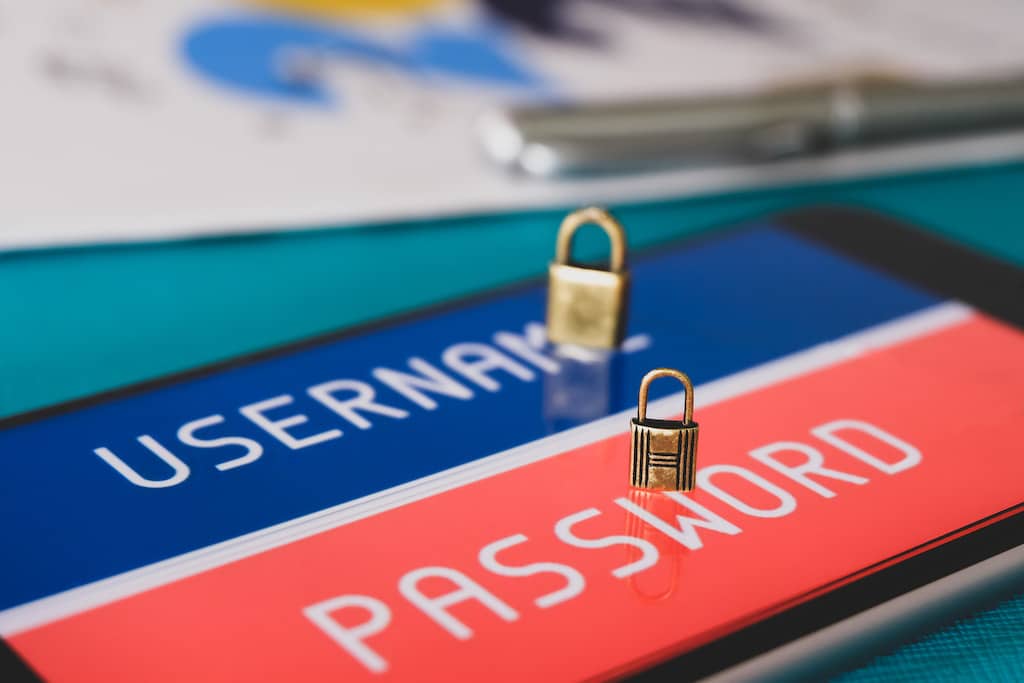Cybercriminals are getting better and better at what they do: attacking organizations and holding data hostage. But you can stop them from harming your organization by adopting a proactive security approach. One easy – but crucial way to protect your organization is by implementing Multi-Factor Authentication (MFA).
According to a recent report, only 56.8% of surveyed companies have multi-factor authentication enabled. More shockingly, the same report states that around 11.4% of leaders said that they have no plans to implement MFA.
Unfortunately, many companies seem hesitant to use multi-factor authentication because they don’t understand how it works and they don’t want to be inconvenienced by adding an extra step when logging into an account. However, multi-factor authentication can prevent your company from experiencing data breaches. Learn how MFA works and how it can keep your company safe and secure.
What Is MFA?
Multi-factor authentication (MFA) is a security technology that adds an additional layer to password security by requiring two forms of authentication for signing in. One is your password and the second is something you have such as an authentication code sent to your phone or email or biometrics like fingerprint or iris scan.
MFA Better Protects Small Businesses from Cyberattacks
Cybercriminals will often use brute force or hacking technology to crack a password and gain access into an account. If they manage to figure out the password, MFA will make it nearly impossible to crack the next security wall.
For example, if the multi-factor authenticator is a push notification sent to an employee’s phone, a cybercriminal will not be able to access the account unless they have the employee’s phone, which is highly unlikely to occur.
Keeping accounts and data safe is so important for small businesses. If a small business were to experience a data breach, it could close down within 6 months of being hacked. Fortunately, multi-factor authentication can keep small businesses secure by making it nearly impossible for a cybercriminal to hack into accounts.
Pair MFA with Proactive Cybersecurity Solutions
Multi-factor authentication is an integral part of a comprehensive cybersecurity solution. For the most impenetrable security posture, MFA should be paired with other security solutions such as anti-virus software, secure password protocols, and regular backups.
Pairing multi-factor authentication with these other solutions creates a layered security defense that will cover any vulnerabilities in an organization’s network and prevent attackers from exploiting these weaknesses.
Organizations should also ensure that MFA is kept up-to-date in order to provide the most effective protection against cyberattacks. Multi-factor authentication protocols should be reviewed regularly, and employees should be frequently trained on security best practices such as using secure passwords.
Strengthen Your Cybersecurity Posture with Simple Systems
Simple Systems provides a comprehensive security suite that includes multi-factor authentication and other proactive cyber defense solutions. MFA is the first step in preventing data breaches, and Simple Systems makes it easy to add multi-factor authentication to your organization with its user-friendly interface.
With Simple Systems, you can rest assured knowing that your accounts are secure and your data is safe. Contact our team of cybersecurity experts today to learn more about Multi-Factor Authentication and how it can help protect your organization from cyber threats.


